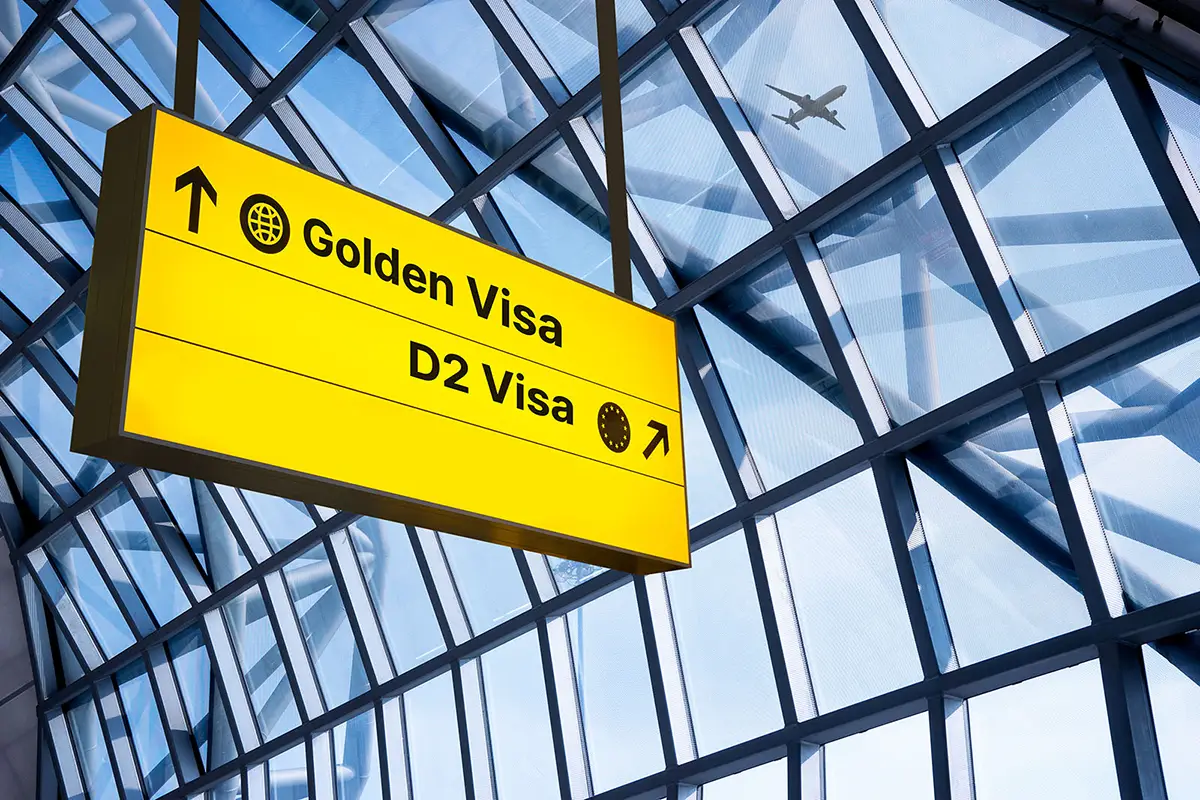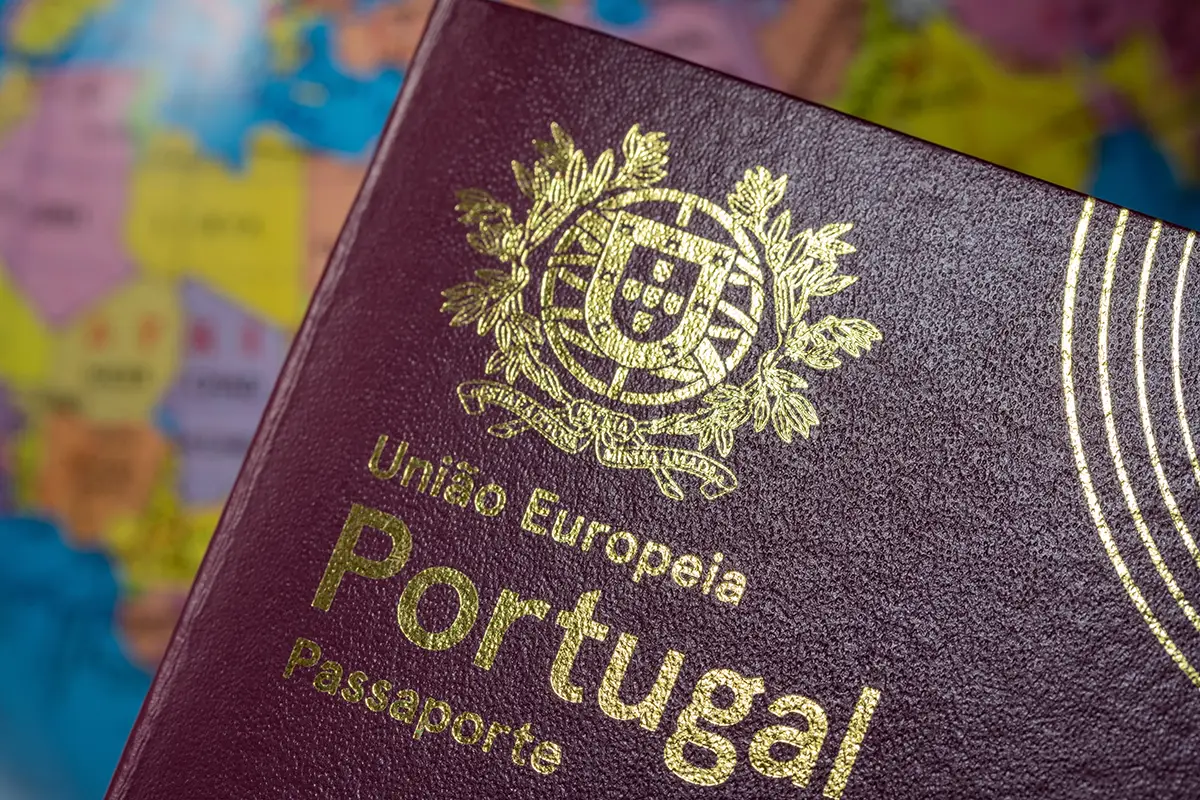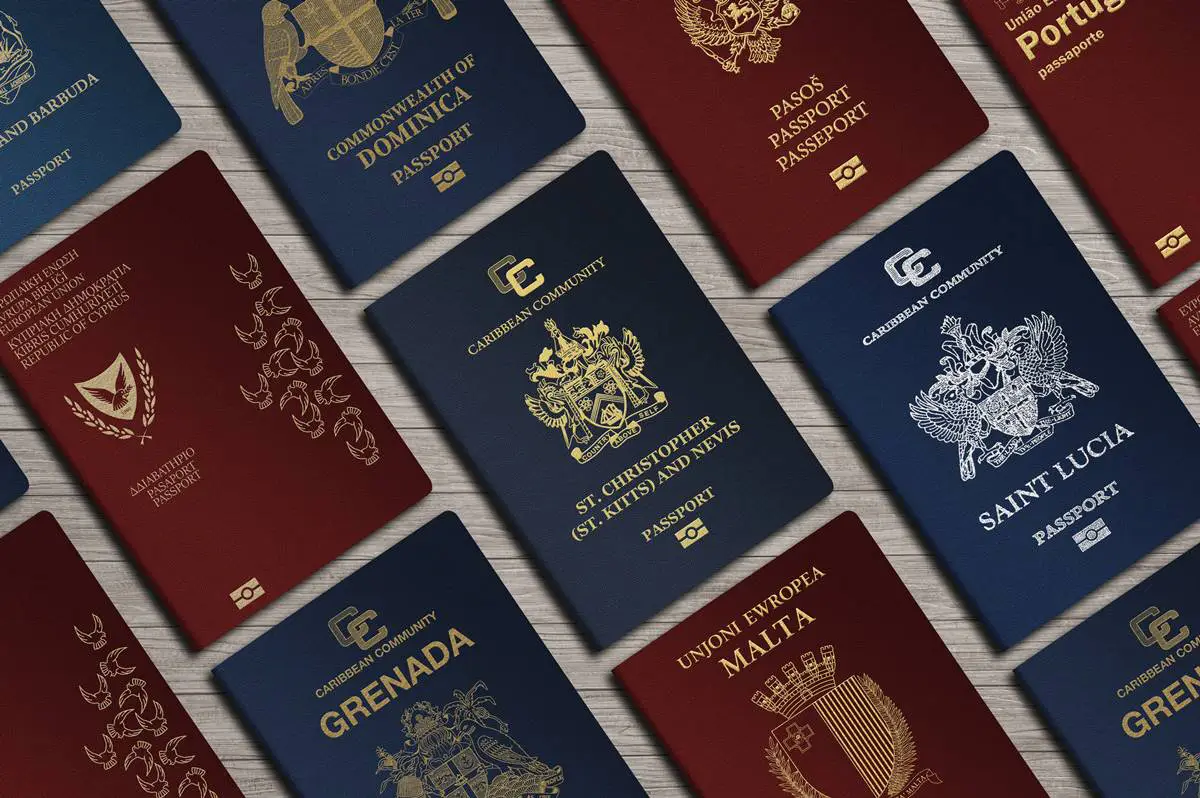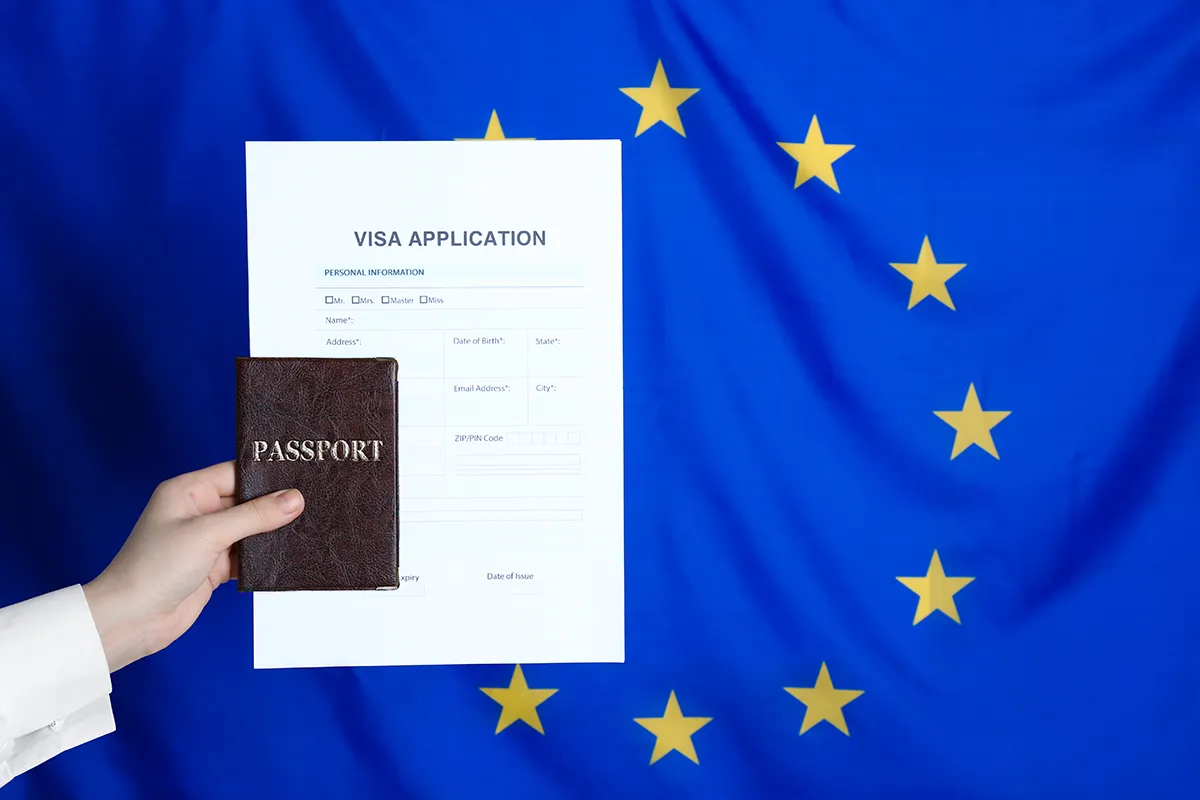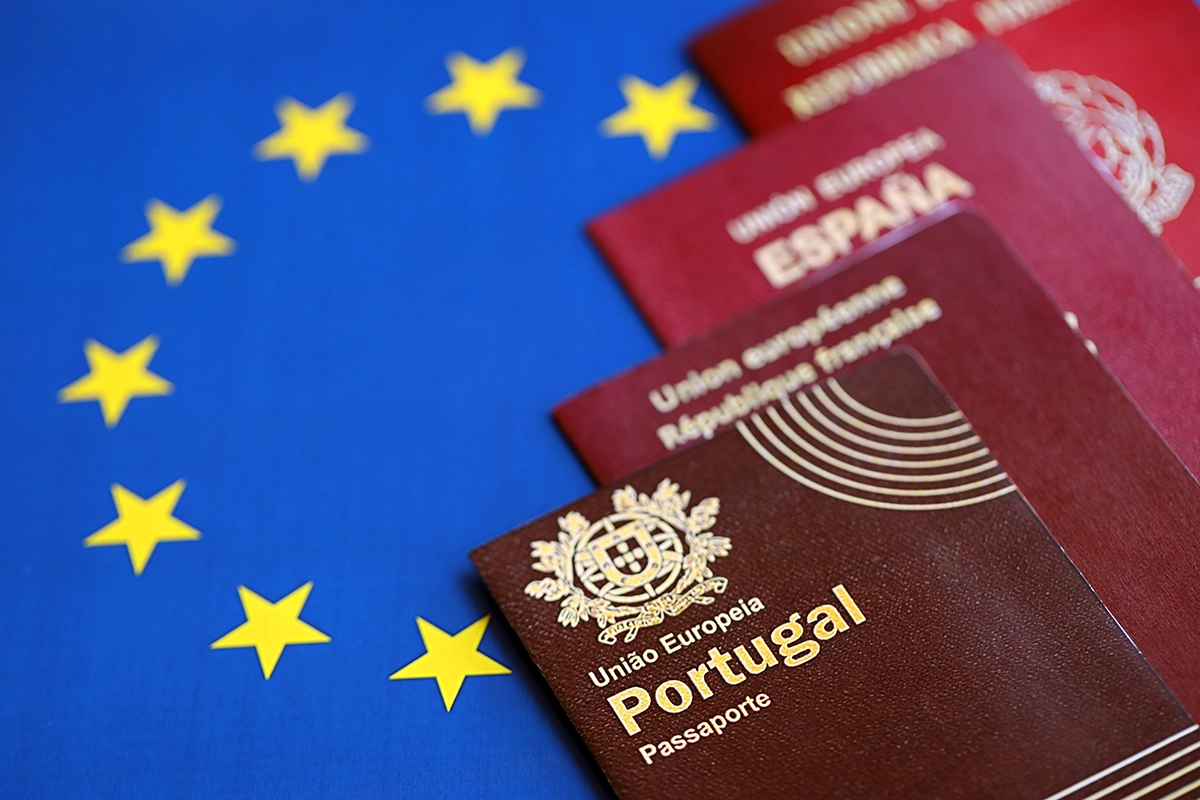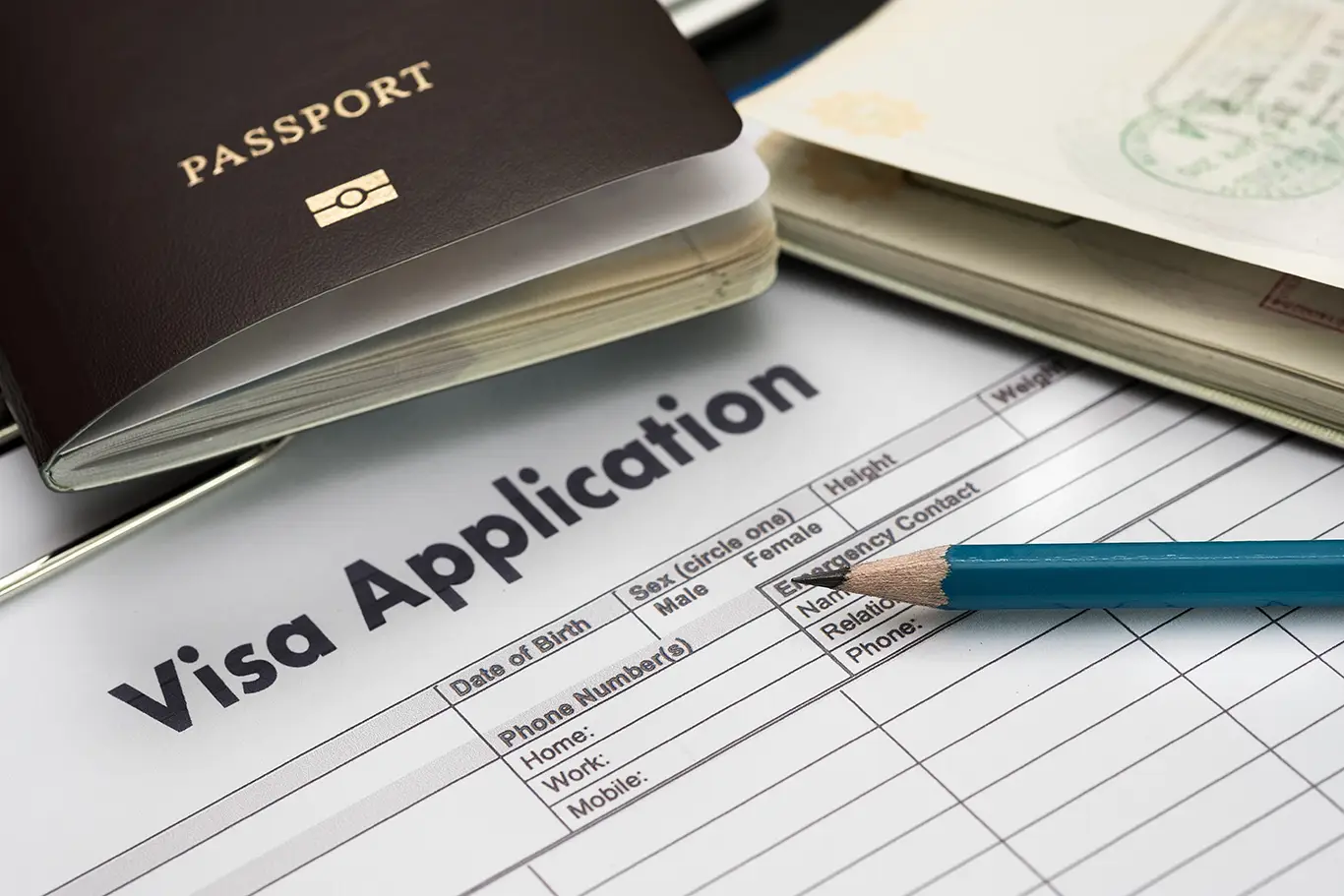Nauru Has Just Joined Other South Pacific Established CBI’s Programs
The 2024 United Nations Climate Change Conference (COP 29), happening in Baku, Azerbaijan, has brought some interesting news to the Citizenship by Investment (CBI) landscape, as the South Pacific Island of Nauru announced the launch of a new visa program. The Economic and Climate Resilience Citizenship Program was presented by the country’s minister for Climate Change and National Resilience, Mr. Asterio Appi, who stated that “By choosing Nauru’s citizenship program, investors aren’t merely securing their own future — they ’re investing in the future of our planet.”
That is because this new CBI will have an innovative approach that will join economic growth with the aid of environmental issues in the South Pacific, a region that holds many important ecosystems and is in constant ecological danger.
Is the South Pacific the New Caribbean of CBIs?
As a matter of fact, the area surrounding the Oceania continent has been emerging as a growing hub for Citizenship by Investment programs, with nations like Vanuatu leading the charge. The introduction of Nauru's program and the Solomon Islands' proposed CBI initiative have intensified regional competition, drawing parallels to the early days of Caribbean programs when the thresholds for minimum investment were some of the most affordable in the world.
Those who have noted the similarities are left wondering: will the South Pacific Citizenship by Investment programs mirror the Caribbean nations' initiatives, which offered competitive pricing in the early years to attract investors to later on start raising their minimum investment amounts? If so, then the time to invest in the South Pacific is now.
How Affordable is Nauru’s Citizenship by Investment Program?
Nauru does not have the strongest of passports, as it does not allow for visa-free travel to the Schengen Zone. However, as this should not be the main reason for those seeking to invest in a new country, the new CBI program still offers advantages to investors. Other than the financial support it will provide to the environment, it will also provide citizenship to a nation that is considered neutral and easy access to 89 destinations, including Hong Kong, the United Kingdom and the United Arab Emirates.
However, maybe the most interesting part is that the minimum investment amount required for a single applicant is only USD $105.000, plus fees. Other amounts for Investment in Nauru do not vary in the type of investment path, but in the number of applicants, as follows:
- USD $105.000 for a single applicant
- USD $110.000 for a family of two to four members
- USD $115.000 for a family of five or more members
- USD $15.000 for each additional sibling of the main applicant or their spouse’s
Nauru promises that applications will go through a strong due diligence procedure, while still offering a streamlined path to citizenship, with processing times of 3 to 4 months.
Rising Trend: Citizenship by Investment Programs Back on the Spotlight
Nauru’s innovative attitude towards its CBI program shows, yet again, that there are still many ways in which this investment path can evolve, remaining an attractive option for both countries and investors.
In light of that, other countries have also shown the intention to bring back their own CBI programs as a reliable source of revenue, that leads to economic growth and the nation’s development. That is the case of the Solomon Islands, which have announced they will soon launch a CBI program as part of their plan to achieve self-sufficiency.
Although Montenegro has made no statement about an official return of its CBI, Bojan Bugarin, former coordinator of the visa liberalization process has recently shared, during an interview, that reviving the program could bring over 1 billion euros to the country’s economy.
One could argue that those are isolated facts. However, Nauru has just proven that nations have not forgotten how fruitful Citizenship by Investment initiatives can be for their maintenance and development. It is no wonder that some countries are managing to either keep their programs strong, through new due diligence processes and rules that will ensure the safety and trustworthiness of their CBIs or by creating new innovative ways of making the best out of this important path.
Read more:
Cheapest Citizenship by Investment Programs in 2025








